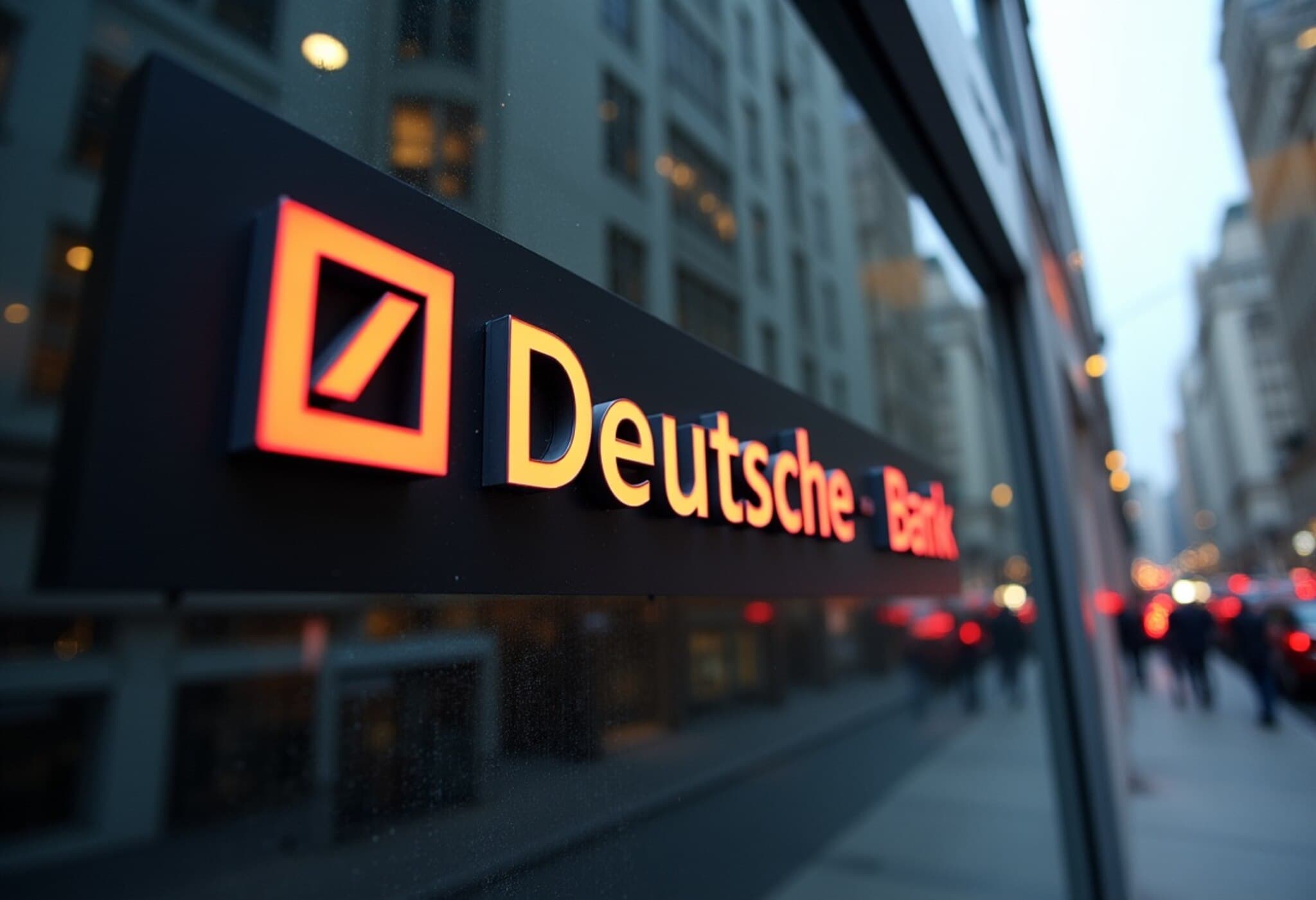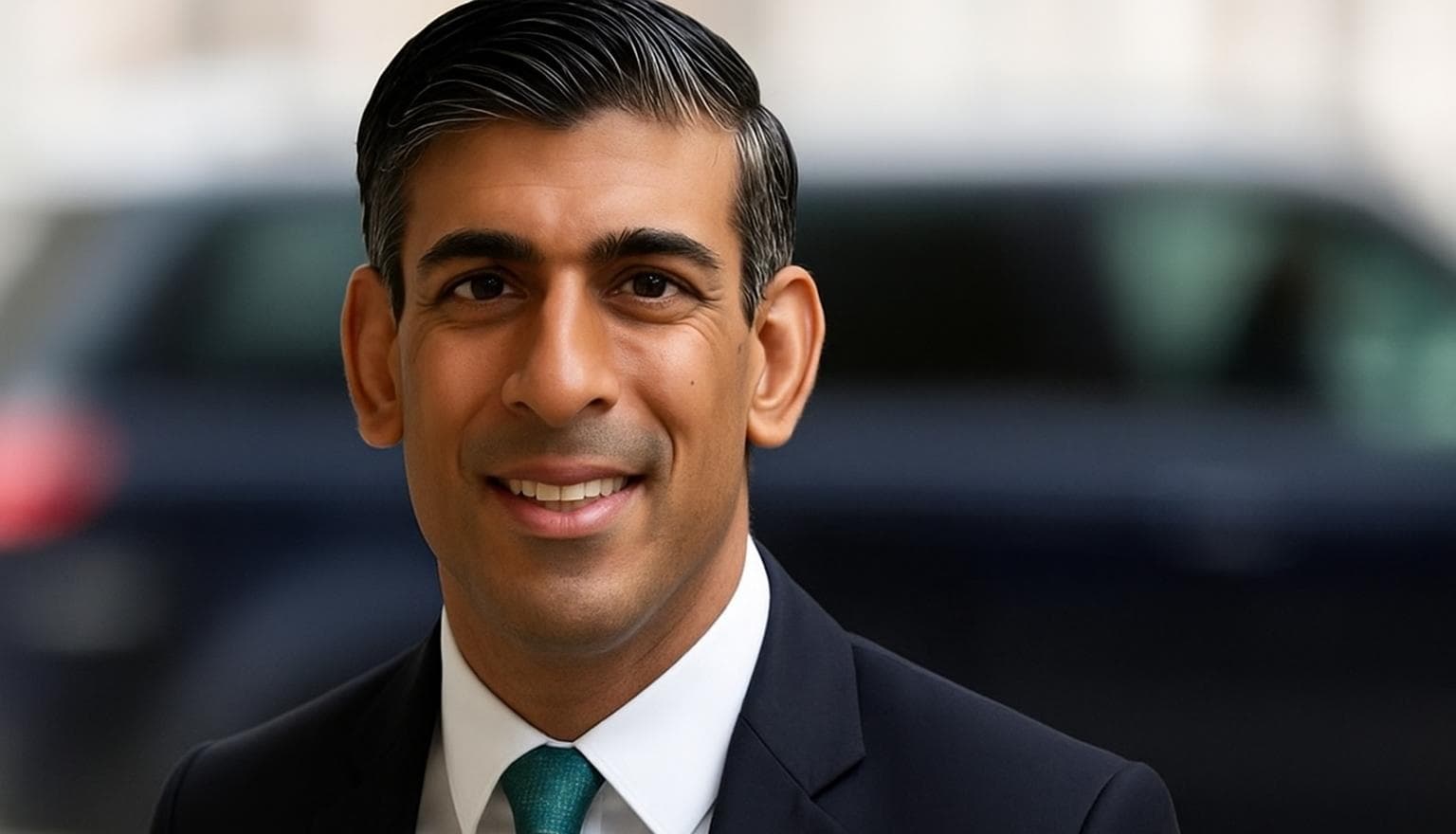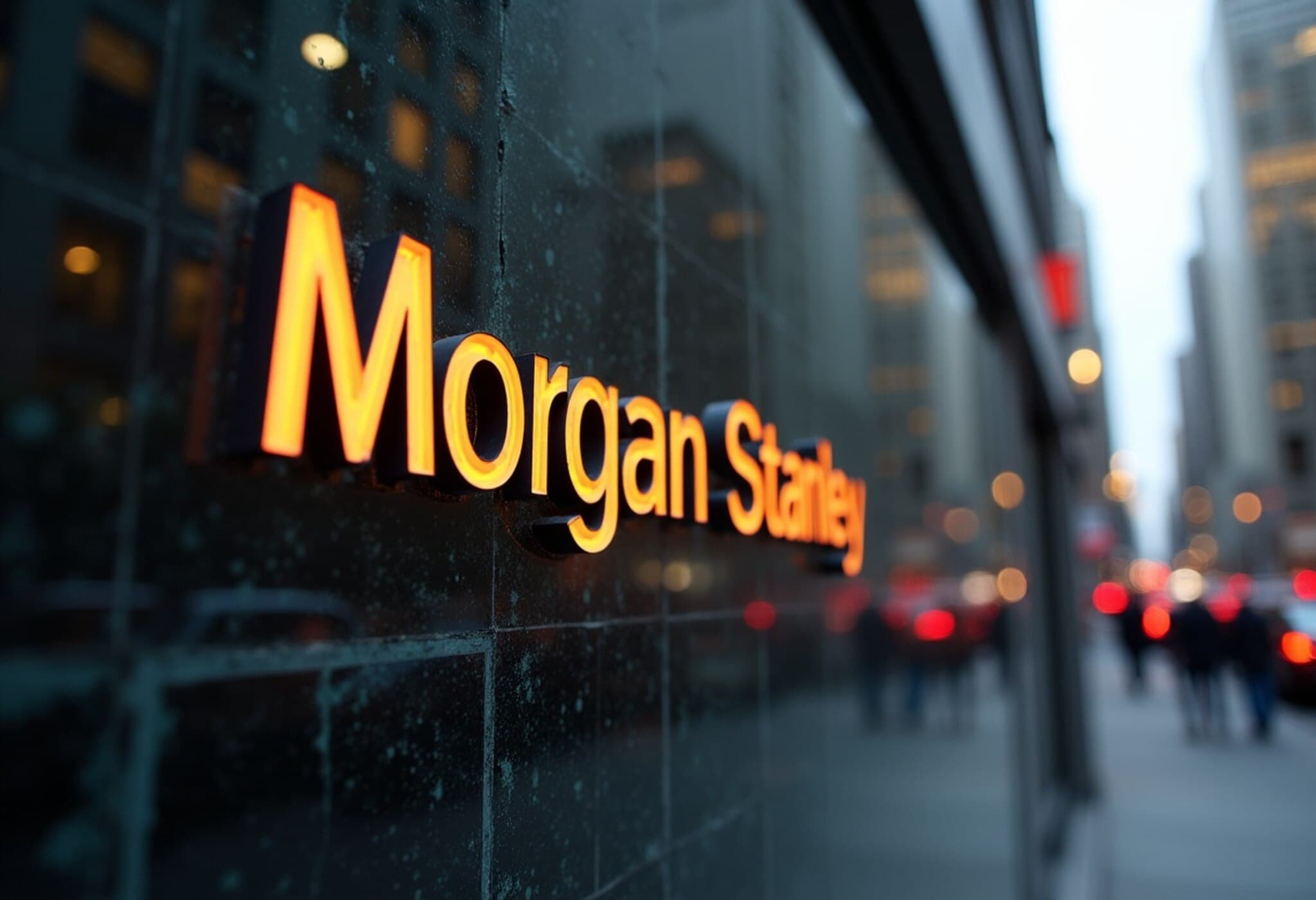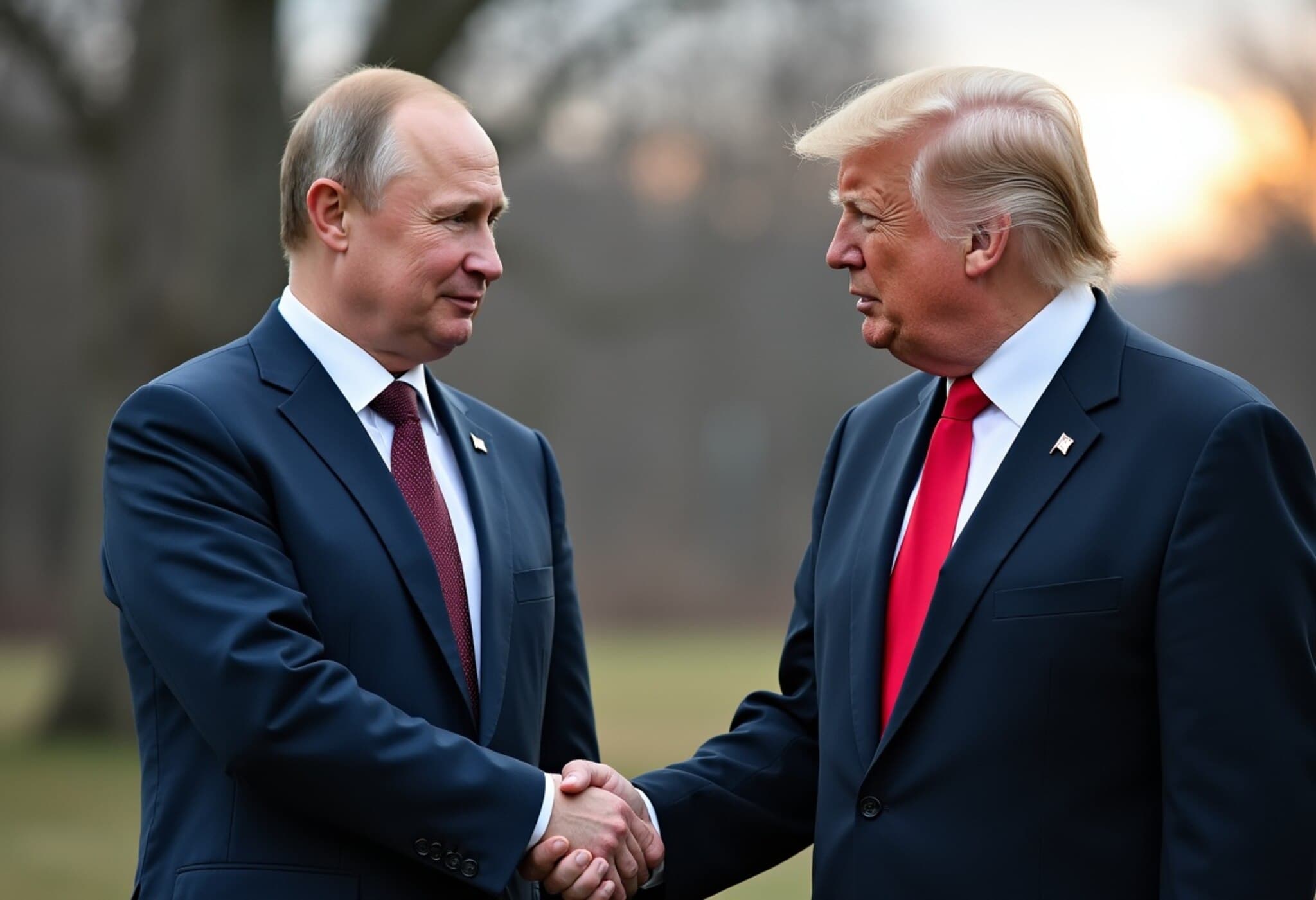Deutsche Bank Posts Strong Q2 Profit, Defying Euro's Strength
In a striking show of resilience, Deutsche Bank reported a net profit of €1.485 billion ($1.75 billion) for the second quarter of 2025, comfortably surpassing the Reuters forecast of €1.2 billion. This marks a remarkable turnaround from a loss of €143 million in the same quarter last year, when the bank grappled with significant legal expenses tied to its Postbank acquisition.
Revenue Performance and Investment Banking Divisions
The bank’s overall revenue hit €7.804 billion in Q2, closely aligning with analyst predictions of €7.76 billion. The core investment banking segment registered a modest yet meaningful 3% year-on-year increase in revenue, climbing to €2.7 billion.
- Fixed Income and Currencies: Demonstrated robust growth with an 11% revenue surge, benefiting from increased net interest income in financing and heightened client FX activity driven by market volatility.
- Origination and Advisory: Faced challenges with a 29% dip in revenues to €416 million due to ongoing market uncertainty and delayed large transactions pushed into the second half of 2025.
- Corporate Banking: Slightly contracted by 1% year-over-year to €1.896 billion, as CEO James von Moltke pointed to subdued corporate activity and more cautious decision-making across sectors.
Euro Strength and Its Impact
A key theme running through Deutsche Bank's earnings call was the impact of a strong euro against the US dollar. CFO James von Moltke highlighted this currency dynamic as “the big thing flowing through our numbers,” influencing revenue growth and profit margins. For European banks like Deutsche Bank, fluctuations in exchange rates can erase or amplify earnings in cross-border operations.
Alongside currency challenges, the bank is navigating a European Central Bank policy environment adjusted recently downward to a 2% key interest rate, indicating a cautious monetary stance that could dampen lending momentum.
Strategic Outlook: Defense Spending and Political Stability
Deutsche Bank is positioning itself to capitalize on emerging opportunities from a renewed focus on defense spending in Germany and broader Europe. CEO Christian Sewing emphasized the bank’s commitment to increasing investments and advisory resources within this sector — a move that reflects shifting geopolitical priorities impacting financial markets and corporate strategies.
The bank also benefits from improved political stability in Germany under Chancellor Friedrich Merz’s coalition government, which is fostering greater investor confidence and helping normalize business volumes after years marked by political turbulence.
Risks: Trade Tensions and Economic Outlook
However, the specter of international trade conflicts looms large. The ongoing tariff negotiations between the European Union and the United States, with an August 1 deadline looming, present material risks. Bundesbank President Joachim Nagel has voiced concerns that the imposition of tariffs could tip Germany, Europe’s largest economy, into recession in 2025.
Von Moltke acknowledged these headwinds, noting that potential U.S. tariffs could impose a “relatively steep” currency translation penalty and uneven impacts across Deutsche Bank’s corporate client base.
Key Financial Metrics at a Glance
- Profit before tax climbed 34% year-on-year to €2.4 billion, excluding Postbank litigation impacts.
- The bank’s CET 1 capital ratio, a critical solvency measure, improved to 14.2% from 13.8% the prior quarter.
- Post-tax Return on Tangible Equity (ROTE) adjusted slightly downward to 10.1% from 11.9%, reflecting ongoing market adjustments.
Expert Commentary: Navigating a Complex Terrain
Deutsche Bank’s quarterly performance illustrates the intricate balance European banks face today — grappling with currency volatility, transitional monetary policy, and geopolitical uncertainties, while seizing niche growth areas such as defense financing. From an American financial policy perspective, the unfolding EU-US tariff negotiations underscore the interconnectedness of global trade policy and banking sector resilience.
Moreover, the mixed results within Deutsche Bank’s investment banking units highlight the uneven recovery within Europe’s capital markets. Fixed income’s strong momentum contrasts sharply with the advisory unit’s struggles, hinting at a cautious corporate environment postponing investments amid uncertain macroeconomic signals.
Looking Ahead
As Deutsche Bank steers toward its full-year targets, key questions remain:
- Can the bank continue to buffer the impact of euro appreciation against the dollar?
- Will the EU-US trade talks de-escalate in time to prevent recessionary pressures?
- How effectively can Deutsche Bank leverage growing defense sector investments to diversify its revenue base?
- Will the observed sluggish loan growth rebound as economic conditions stabilize?
The bank’s ongoing cost discipline and strategic recalibration will be critical levers in navigating this complex economic landscape.
Editor's Note
Deutsche Bank's latest quarterly results embody both resilience and caution within the European financial sector. While surpassing profit expectations signals robust execution, underlying pressures from foreign exchange dynamics, political uncertainties, and fluctuating corporate activity raise important considerations for investors and policymakers alike. This quarterly snapshot invites a closer examination of how European financial institutions adapt in a fluid global marketplace—balancing risk with opportunity amid evolving geopolitical and economic forces.



















